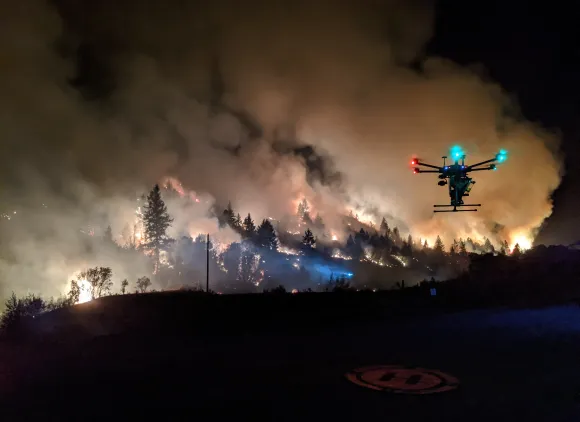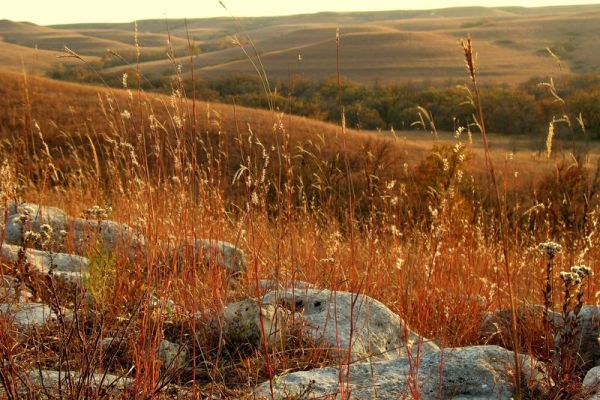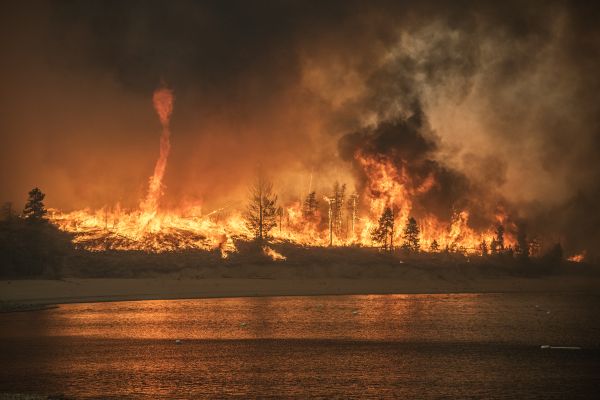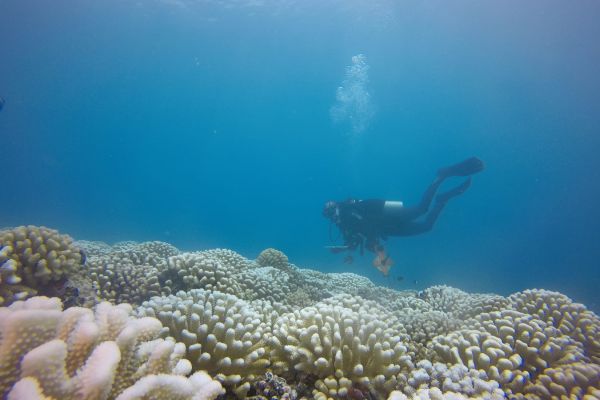For decades, the U.S. National Science Foundation has invested in fundamental research to understand and predict natural hazards and promote resilience.
Each year, extreme events — such as storms, wildfires, floods, heat waves, earthquakes and landslides — claim lives, devastate communities and strain social systems ranging from healthcare to food supplies.
While threats from natural disasters and other hazards cannot be eliminated, research can reduce vulnerabilities and increase community resilience.
 On this page
On this page
Brought to you by NSF
Weather forecasting
NSF–funded research has helped improve the capabilities of the national radar network, which produces weather forecasting and provides advanced warning of impending storms.
Earthquake monitoring
NSF is a part of the Global Seismographic Network, state-of-the-art sensors that extend across the globe and even to the oceans' depths — serving as an early-warning system for earthquakes and tsunamis.
Building standards for fires
Research funded by NSF and the National Institute of Standards and Technology led to the development of new drapery and construction standards that help save lives during fires.
Forecasting volcanic eruptions
NSF funded the development of Earth- and space-based technologies that help forecast and detect volcanic eruptions.
What we support
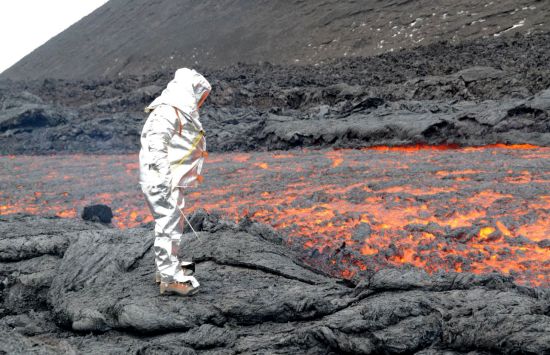
Fundamental research
We support research that yields insights into natural hazards — such as hurricanes, floods, wildfires, earthquakes, coastal erosion, severe thunderstorms and tornadoes, volcanoes, emerging epidemics, and disruption of the power grid by space weather — and methods to reduce their harmful impacts.
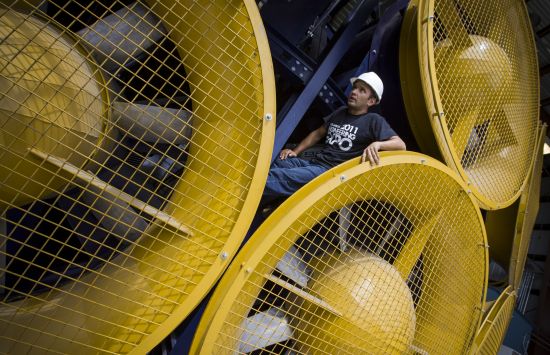
Research infrastructure
We support the development of state-of-the-art facilities and testbeds across the U.S. to expand knowledge of natural hazards and test new technologies for resilience.
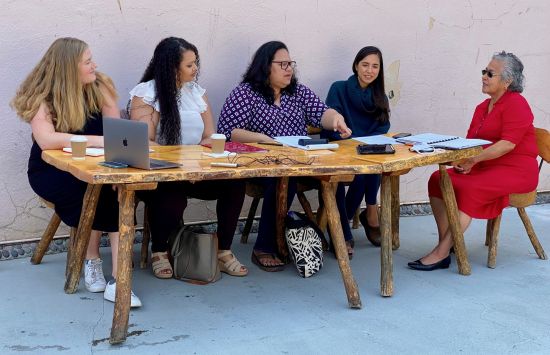
Education and workforce development
We support the creation of a diverse workforce ready to design, implement and manage innovative solutions to natural disasters, hazards and climate change.

Partnerships to accelerate progress
We partner with other federal agencies, industry and nonprofits to share data, tools, expertise and other resources; strengthen workforce development; and translate research into products and services that benefit society.
Featured funding
America's Seed Fund (SBIR/STTR)
Supports startups and small businesses to translate research into products and services — including environmental technologies — for the public good.
Biodiversity on a Changing Planet
Supports design and implementation projects studying functional biodiversity in the context of unprecedented environmental change.
Centers for Research and Innovation in Science, the Environment and Society
Invites planning proposals for interdisciplinary research to create evidence-based solutions that strengthen human resilience, security, and quality of life by addressing seemingly intractable challenges that confront society.
Civic Innovation Challenge
Supports planning and implementation of community-university partnerships for significant near-term impacts in one of two focus areas: building climate-resilient communities and bridging the gap between essential resources and services and community needs.
Combustion and Fire Systems
Supports research on combustion and fire prediction and mitigation. Priority areas include basic combustion science, combustion science related to clean energy, wildland fire prediction and prevention, and turbulence-chemistry interactions.
Confronting Hazards, Impacts and Risks for a Resilient Planet
Invites projects focusing on innovative and transformative research to advance Earth system hazard knowledge and risk mitigation in partnership with affected communities.
Engineering for Civil Infrastructure
Supports fundamental research in infrastructure materials and architectural, geotechnical and structural engineering. Focus areas include geomaterials and geostructures, structural materials, structural and non-structural systems, and building envelopes.
Humans, Disasters and the Built Environment
Supports fundamental research on the interactions between humans and the built environment within and among communities exposed to natural disasters, pandemics and other hazards.
Modeling of Catastrophic Impacts and Risk Assessment Due to Climate Change
Supports the creation of an industry-university research partnership focused on modeling catastrophic impacts and risk assessment of climate change, targeting the needs of the financial and insurance sectors of the economy.
Responsible Design, Development, and Deployment of Technologies
Supports research, implementation and education projects involving multi-sector teams that focus on the responsible design, development or deployment of technologies.
Smart and Connected Communities
Supports use-inspired research that addresses communities' social, economic and environmental challenges. Projects must work with community stakeholders on pilots that integrate intelligent technologies with the natural and built environments.
Strengthening American Infrastructure
Supports research that incorporates scientific insights about human behavior and social dynamics to better design, develop, rehabilitate and maintain strong and effective American infrastructure.

